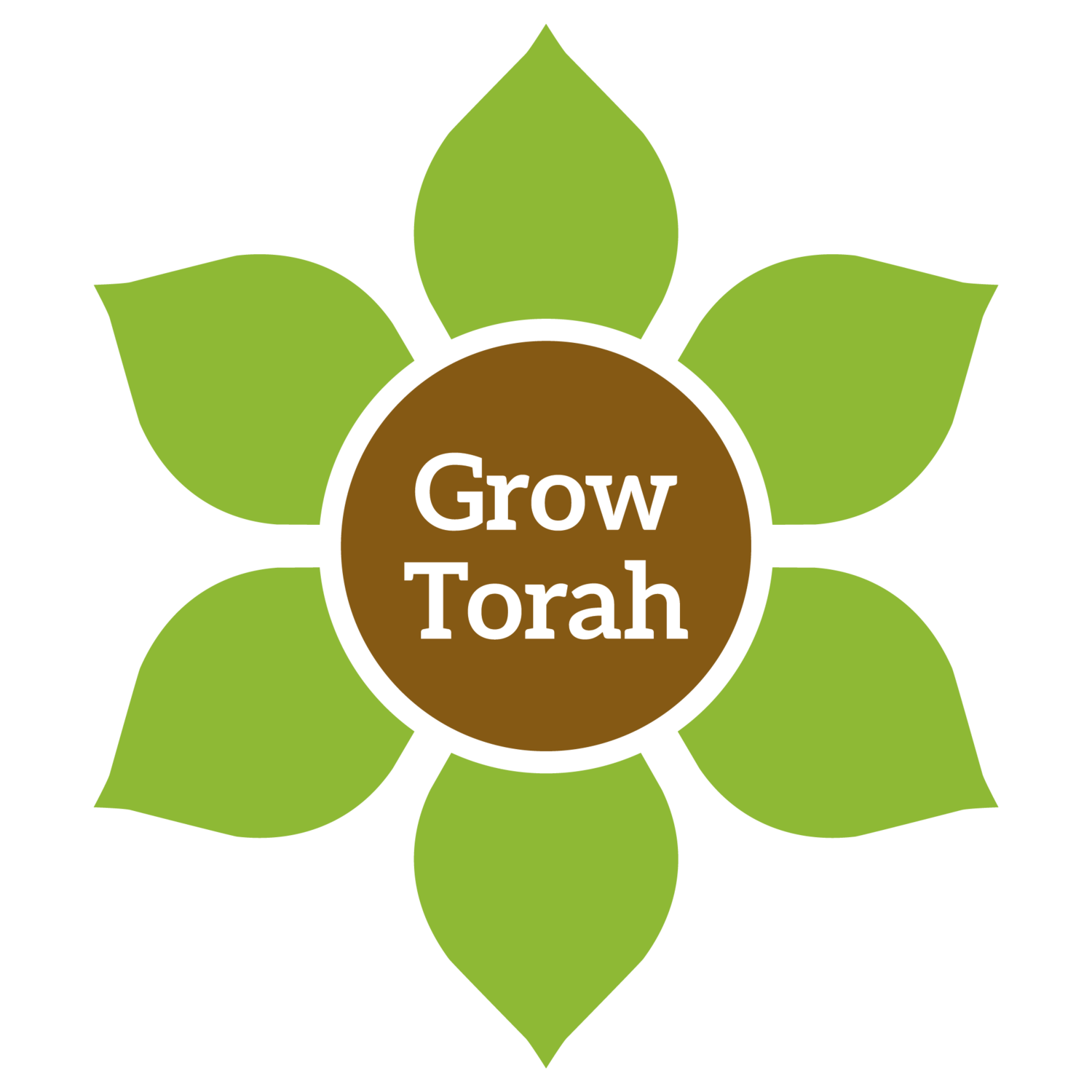WELCOME!
We are so glad you joined us today to help clean up our parks. Let’s dive in to some Nature Torah to infuse some deeper meaning into our work.
Many Jewish sources connect trees with our proper stewardship of the earth. Understanding these teachings can help us improve our relationship to G-d’s creation, our world.
We invite you to explore these texts and topics in conversation while immersed in the nature around you.
I. Sustainability: Planting For the Long-Term
יומא חד הוה אזל באורחא חזייה לההוא גברא דהוה נטע חרובא אמר ליה האי עד כמה שנין טעין אמר ליה עד שבעין שנין אמר ליה פשיטא לך דחיית שבעין שנין אמר ליה האי [גברא] עלמא בחרובא אשכחתיה כי היכי דשתלי לי אבהתי שתלי נמי לבראי
One day, he was walking along the road when he saw a certain man planting a carob tree. Ḥoni said to him: This tree, after how many years will it bear fruit? The man said to him: It will not produce fruit until seventy years have passed. Ḥoni said to him: Is it obvious to you that you will live seventy years, that you expect to benefit from this tree? He said to him: That man himself found a world full of carob trees. Just as my ancestors planted for me, I too am planting for my descendants.
Kids’ Corner!
Who are we helping by cleaning up this park?
How can you other children enjoy Hashem’s beautiful earth?
Discussion Questions:
What do trees symbolize in these verses?
How do they teach us about what is a good environment for people?
What can they teach us about planting for the long-term and preparation for the future?
II. The Tree of the Field is a Person
כִּי־תָצוּר אֶל־עִיר יָמִים רַבִּים לְהִלָּחֵם עָלֶיהָ לְתפְשָׂהּ לֹא־תַשְׁחִית אֶת־עֵצָהּ לִנְדֹּחַ עָלָיו גַּרְזֶן כִּי מִמֶּנּוּ תֹאכֵל וְאֹתוֹ לֹא תִכְרֹת כִּי הָאָדָם עֵץ הַשָּׂדֶה לָבֹא מִפָּנֶיךָ בַּמָּצוֹר׃
When in your war against a city you have to besiege it a long time in order to capture it, you must not destroy its trees, wielding the ax against them. You may eat of them, but you must not cut them down. Are trees of the field human to withdraw before you into the besieged city?
רַק עֵץ אֲשֶׁר־תֵּדַע כִּי־לֹא־עֵץ מַאֲכָל הוּא אֹתוֹ תַשְׁחִית וְכָרָתָּ וּבָנִיתָ מָצוֹר עַל־הָעִיר אֲשֶׁר־הִוא עֹשָׂה עִמְּךָ מִלְחָמָה עַד רִדְתָּהּ׃
Only trees that you know do not yield food may be destroyed; you may cut them down for constructing siegeworks against the city that is waging war on you, until it has been reduced.
Kid Corner!
Did you know you can recycle food?! It’s called compost! See a GrowTorah educator and ask them how hot compost can get?
Discussion Questions:
Why does the Torah forbid cutting down fruit trees to build siege-works during a war, when it is not needless destruction but the use of resources for an important purpose?
What does it mean that a tree is compared to a person?
What can these sources teach us about our responsibility to trees and all natural resources?
III. Appreciation of Hashem’s World
מָה־רַבּוּ מַעֲשֶׂיךָ ה׳ כֻּלָּם בְּחָכְמָה עָשִׂיתָ מָלְאָה הָאָרֶץ קִנְיָנֶךָ׃
How many are the things You have made, O LORD; You have made them all with wisdom; the earth is full of Your creations.
Kids’ Corner!
Grab a magnifying glass and take a look at the soil; see what amazing creatures you find as you work!
What are your favorite creatures in the world? Do they live near us?
Closing Inspiration:
וְֽהָיָ֗ה כְּעֵץ֮ שָׁתוּל עַֽל־פַּלְגֵ֫י־מָ֥יִם אֲשֶׁ֤ר פִּרְי֨וֹ ׀ יִתֵּ֬ן בְּעִתּ֗וֹ וְעָלֵ֥הוּ לֹֽא־יִבּ֑וֹל וְכֹ֖ל אֲשֶׁר־יַעֲשֶׂ֣ה יַצְלִֽיחַ׃
He is like a tree planted beside streams of water, which yields its fruit in season, whose foliage never fades, and whatever it produces thrives.
Thank you to all of the collaborating organizations for helping us with this meaningful cleanup today:



